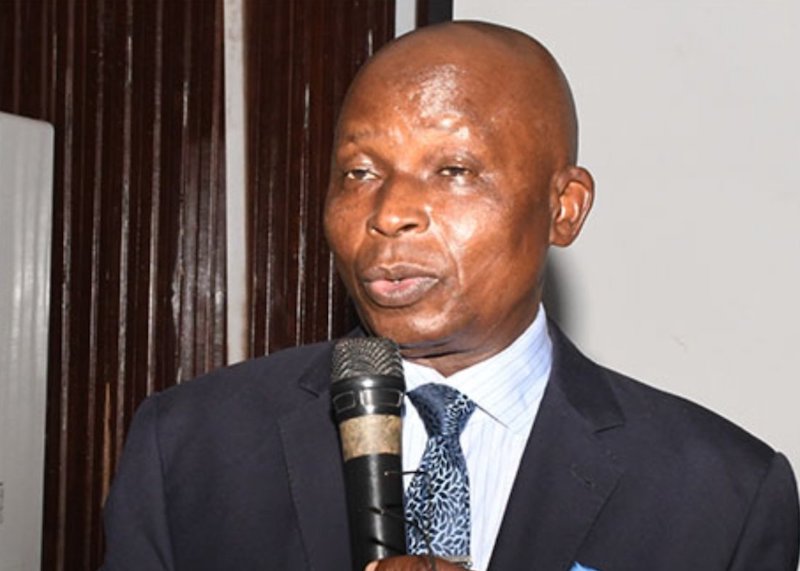 The trial of former governor of Ogun State, Otunba Gbenga Daniel began today before Justice Olanrewaju Mabekoje of the Ogun State High Court, Abeokuta.Daniel was dragged before the court by the Economic and Financial Crimes Commission, EFCC, over his alleged involvement in criminal diversion of funds belonging to the Ogun State government and conversion of land belonging to the state for private use.
The trial of former governor of Ogun State, Otunba Gbenga Daniel began today before Justice Olanrewaju Mabekoje of the Ogun State High Court, Abeokuta.Daniel was dragged before the court by the Economic and Financial Crimes Commission, EFCC, over his alleged involvement in criminal diversion of funds belonging to the Ogun State government and conversion of land belonging to the state for private use.
When the matter came up today, counsel to EFCC, Rotimi Jacobs called the first witness. The witness, Adeluola Babatunde, a staff of Skye Bank Plc is the Account Manager of one of the bank accounts traced to the defendant. The account which was opened in the name of Blue Chapel Nigeria Ltd, is alleged to have been used to divert the funds with Daniel the sole signatory to the account. Jacobs having tendered Blue Chapel’s account statement before the court as exhibit, asked the prosecution witness to read out to the court details of all lodgments and transactions carried out on the account. Babatunde carefully read from the statement all transaction and who made the lodgments and the dates the monies and cheques were all deposited.
Rotimi also asked the witness to tell the court about the signatory to the account and how he arrived at that information. The prosecution witness told the court: “the sole signatory is Otunba Gbenga Daniel. I got this information from the mandate on that account.”
Prof. Taiwo Osipitan, counsel to Daniel in his cross examination drew the court’s attention to two different transactions that were not mentioned on the statement read by the witness which he said has rendered the document incomplete. He presented to the court a copy of the bank statement they got from the Skye Bank showing Blue Chapel’s account history.
Osipitan told the court that with the witness joining Skye Bank in 2007, he was not in a position to attest or answer questions on transaction conducted before he joined the bank. He said the transactions were carried out between 2004 and 2007 and the witness only joined the bank in 2007.
But the prosecution witness said the account statement are on record and it does not matter whether he was there or not and that all he needed to do was to go back to the record on the computer and print the statements. “The statements were printed and attested and confirmed by the bank.”
Osipitan then told the court that there were errors from the document tendered by the prosecution as evidences. Jacobs, however objected to it saying that it was not the practice of the court to counter a document which has already been tendered and admitted by the court in evidence with another document that has not been tendered.
“My Lord I am challenging the authenticity of this document and object to the use of such document.”
After listening to both counsel, the court rose for 30 minutes to enable the defence file the document before the court.
At the resumption of hearing, Jacobs challenged the admissisability of the document containing the account statements introduced by the defence in court at the time of trial. He said for a document as important as bank statements, a certified true copy (CTC) certificate must follow it from the bank and the bank must also certify such documents before it can be tendered as evidence. ” A bank statement cannot just be brought before the court and it is accepted without proper documentation. It has to be accompanied by a CTC and the bank must confirm that such statements emanated from it. So my Lord I strongly challenge the admissibility of such a document.” Jacobs said, citing several authorities to justify his position.
The defence counsel however said the information contained in the document are also on the one already tendered except for two entries that were not captured. “My Lord, the documents are genuine. We are not trying to tender a separate document.”
Justice Mabakoje adjourned to 5th and 7th of June to rule on the admissibility of the document and continuation of trial.



